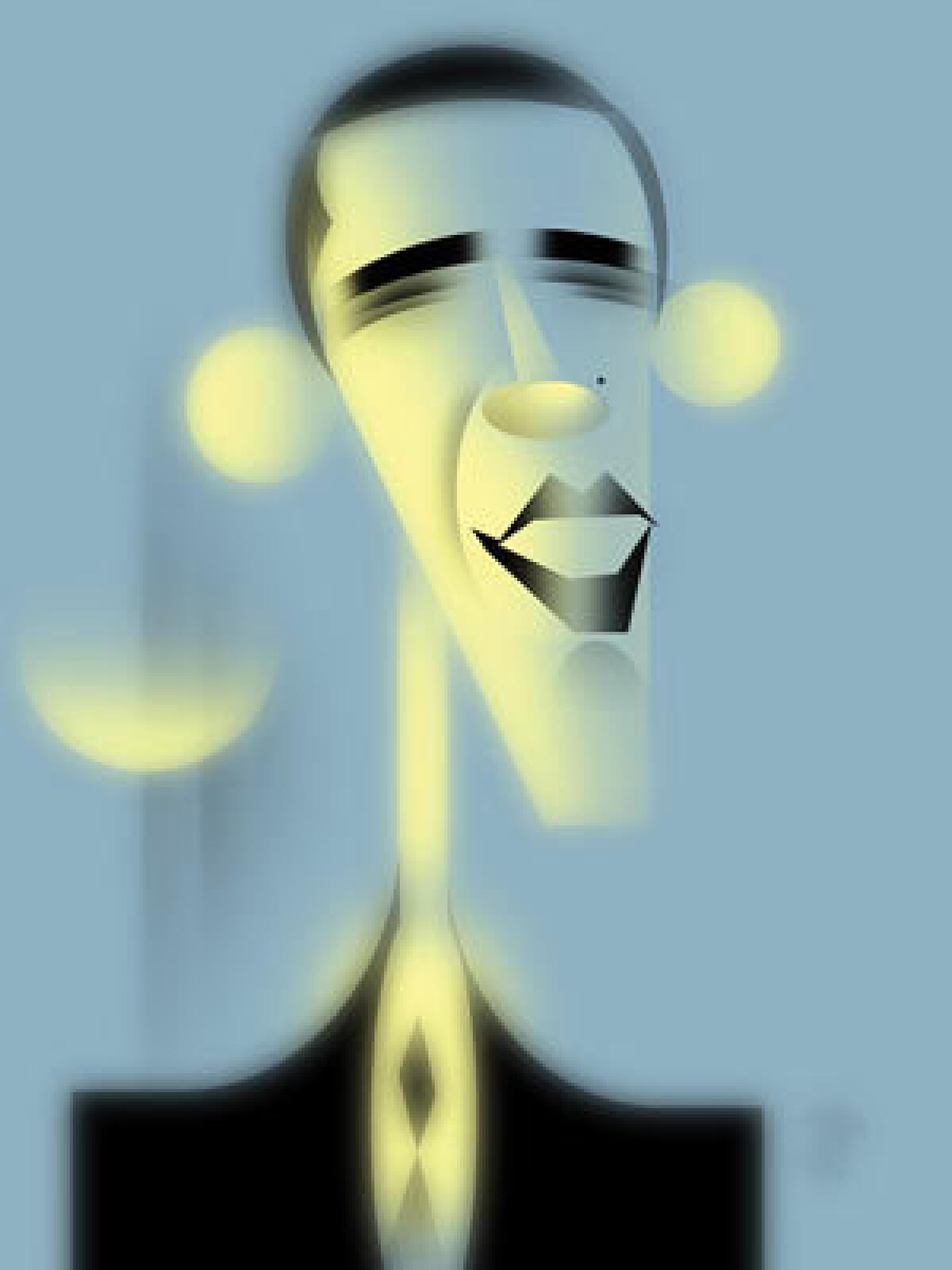How history outfoxed fiction

Back in the late 1990s, I wrote a novel about horse racing. Though I portrayed an array of socioeconomic actors from horse grooms to multimillionaires, it was as easy for me to empathize with the industrialist building his engine-parts factory in China as it was to empathize with the Latino apprentice jockey. I didn’t mind the inequities all that much, because everyone in the novel was engaged in a single enterprise, and therefore more alike, I thought, than different.
The last eight years have blasted that idea right out of my head.
“Horse Heaven” may remain my favorite of all my novels, but I wonder if I can ever go back to the easygoing sense of fellow feeling that engendered it. I wonder if my political awakening of the last eight years is a revelation or a digression.
Don’t get me wrong -- all novels are political because all novels have some sort of theory about how society works. The theory grows out of a novelist’s temperament, but it has to be worked out and have a logic in order to produce a good novel. The theory of “Horse Heaven” was that cheaters abound, and sometimes prosper, but they aren’t the norm, and they suffer torments even while they are prospering. Most people are decent, and decent people make mistakes, but these mistakes can be rectified and forgiven.
Sounds nice, doesn’t it? Sounds naive, doesn’t it?
Since then, I’ve written three additional novels. In “Good Faith,” the cheater gets away and disappears. In “Ten Days in the Hills,” the characters make numerous attempts to understand the new terrifying world they are living in and in the end can only make do with small compensations. In the novel I am presently working on, the most dynamic and destructive character never understands or comes to terms with the damage he has done.
Each of these novels was outrun by history -- by the time I finished it, the world had become much worse than the world I had set the novel in.
Although every novel is political, good novels are not polemical, because polemics are too shrill, harsh and black and white. “David Copperfield” sells better than “Hard Times.” The novels I have found revelatory in the last eight years are Zola’s “The Kill” (and the rest of the Rougon-Macquart series, which is about the French Second Empire, an age of excess that prefigures ours) and Boccaccio’s “Decameron,” which is about living through the Black Death. Now that Barack Obama is about to be inaugurated, can I go back to “Pride and Prejudice”?
The key is whether Obama truly reforms the way our culture works and whether that culture can be reformed. Face-saving measures are not enough. Will the first priority of the “regulators” continue to be to enrich themselves? Will war continue to be seen as capitalism by other means? Will outsourcing manufacturing jobs continue to be viewed as patriotic? Will the actual land we live on continue to be ripped apart and sold off to anyone who’s got the dough?
So far, the Obama victory is primarily symbolic, but the symbol is a huge one: the integration of our whole society, across the color spectrum. Most of Obama’s appointments, though, seem out of “Horse Heaven” -- giving credit to those who have done wrong for maybe having had good intentions and maybe having come to their senses and maybe being dumb but not terminally dumb. I’m not sure I agree with that way of thinking anymore.
But Shakespeare himself progressed from tragedy to romance -- from “Macbeth” and “King Lear” to “The Winter’s Tale” and “The Tempest.” If he can do it, maybe so can the rest of us.
Smiley’s latest novel, “Ten Days in the Hills,” was recently published in paperback.
More to Read
The biggest entertainment stories
Get our big stories about Hollywood, film, television, music, arts, culture and more right in your inbox as soon as they publish.
You may occasionally receive promotional content from the Los Angeles Times.






